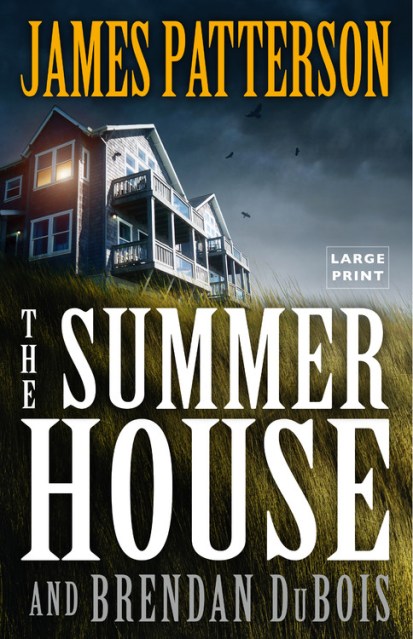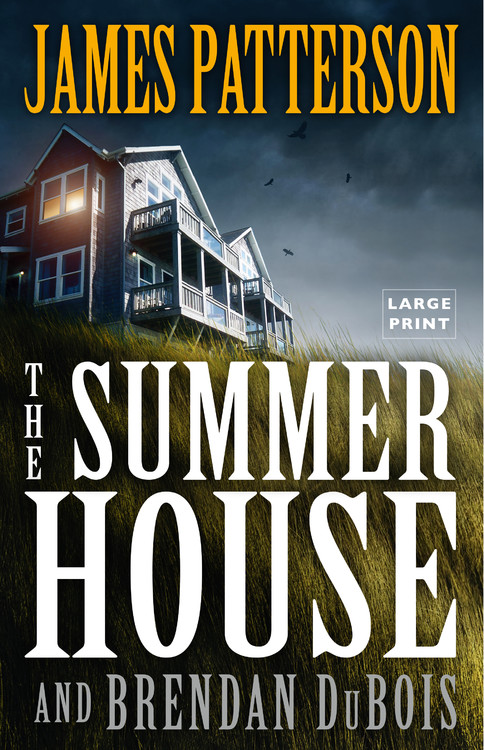By clicking “Accept,” you agree to the use of cookies and similar technologies on your device as set forth in our Cookie Policy and our Privacy Policy. Please note that certain cookies are essential for this website to function properly and do not require user consent to be deployed.
The Summer House
A Thriller
Contributors
By Brendan DuBois
Formats and Prices
- On Sale
- Jun 8, 2020
- Page Count
- 624 pages
- Publisher
- Little, Brown and Company
- ISBN-13
- 9780316539593
Price
$30.00Price
$39.00 CADFormat
Format:
- Trade Paperback (Large Print) $30.00 $39.00 CAD
- ebook $9.99 $11.99 CAD
- Hardcover $30.00 $40.00 CAD
- Audiobook Download (Unabridged) $27.99
- Trade Paperback $19.99 $25.99 CAD
- Audiobook CD (Unabridged) $35.00 $44.00 CAD
This item is a preorder. Your payment method will be charged immediately, and the product is expected to ship on or around June 8, 2020. This date is subject to change due to shipping delays beyond our control.
Buy from Other Retailers:
Once a luxurious southern getaway on a rustic lake, then reduced to a dilapidated crash pad, the Summer House is now the grisly scene of a nighttime mass murder. Eyewitnesses point to four Army Rangers—known as the Night Ninjas—recently returned from Afghanistan.
To ensure that justice is done, the Army sends Major Jeremiah Cook, a veteran and former NYPD cop, to investigate. But the major and his elite team arrive in sweltering Georgia with no idea their grim jobs will be made exponentially more challenging by local law enforcement, who resists the Army’s intrusion and stonewall them at every turn.
As Cook and his squad struggle to uncover the truth behind the condemning evidence, the pieces just won’t fit—and forces are rallying to make certain damning secrets die alongside the victims in the murder house. With his own people in the cross-hairs, Cook takes a desperate gamble to find answers—even if it means returning to a hell of his own worst nightmares . . .
Genre:
Newsletter Signup
By clicking ‘Sign Up,’ I acknowledge that I have read and agree to Hachette Book Group’s Privacy Policy and Terms of Use







